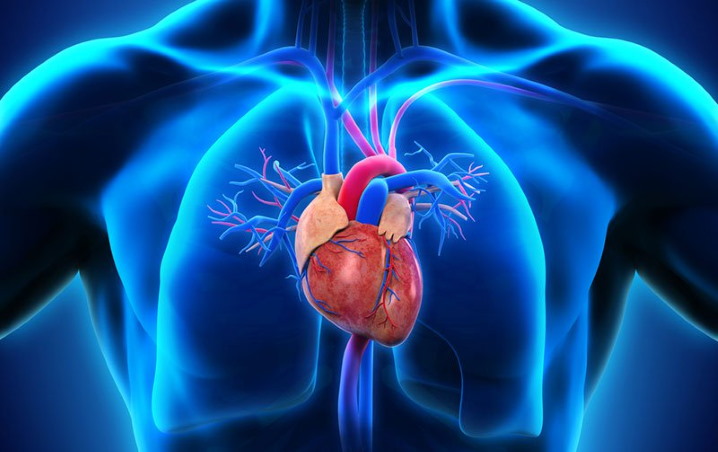Cardiovascular drugs have a significant impact on the heart and blood vessels. These drugs include anti-hypertensives, antiarrhythmics, lipid-lowering agents like statins, vasodilators, anti-coagulants, anti-platelets, and
Category: Pharmacology
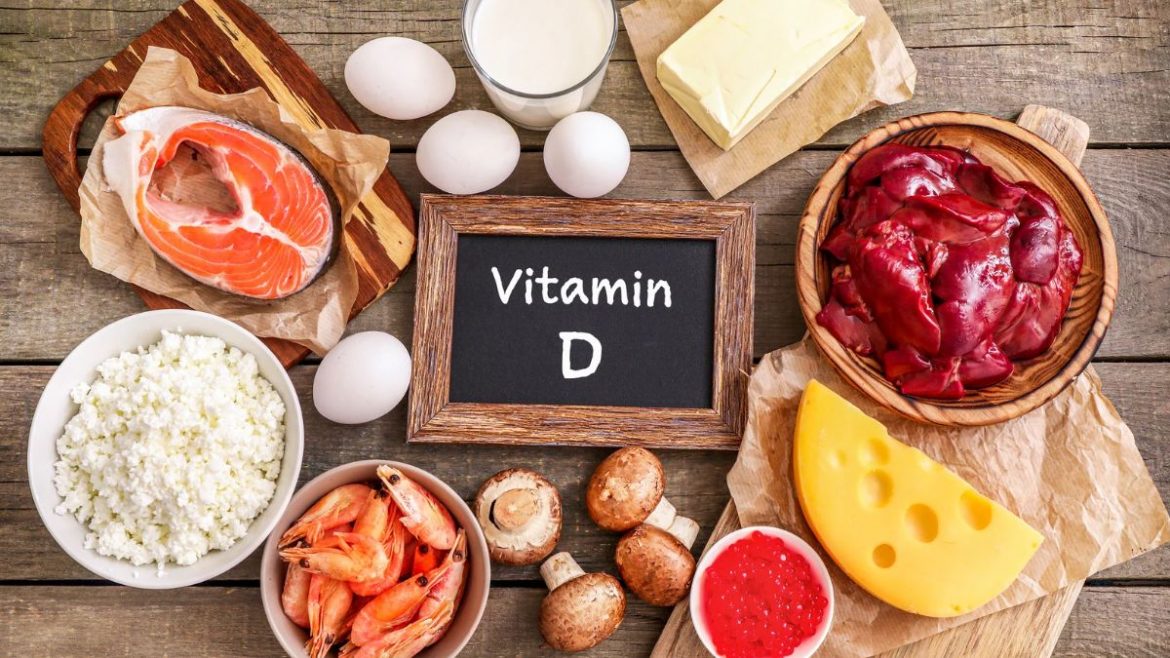
Vitamin D is the most important vitamin. 7-hydroxycholesterol is synthesized in the skin in the presence of UV light, resulting in Cholecalciferol (Vitamin D3). Vitamin
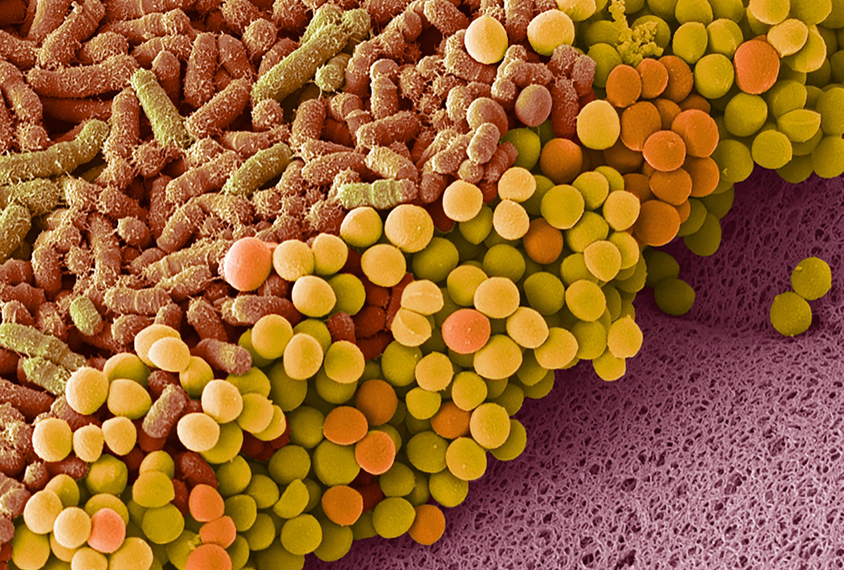
The microbial flora in the gut region is crucial for gut activity. The gut region has a variety of bacteria known as microbial flora. This

Pediatric drug dosage is crucial in their pharmacotherapy. The pharmacology in children is determined by drug pharmacokinetics and pharmacodynamics. The metabolic rate is high in
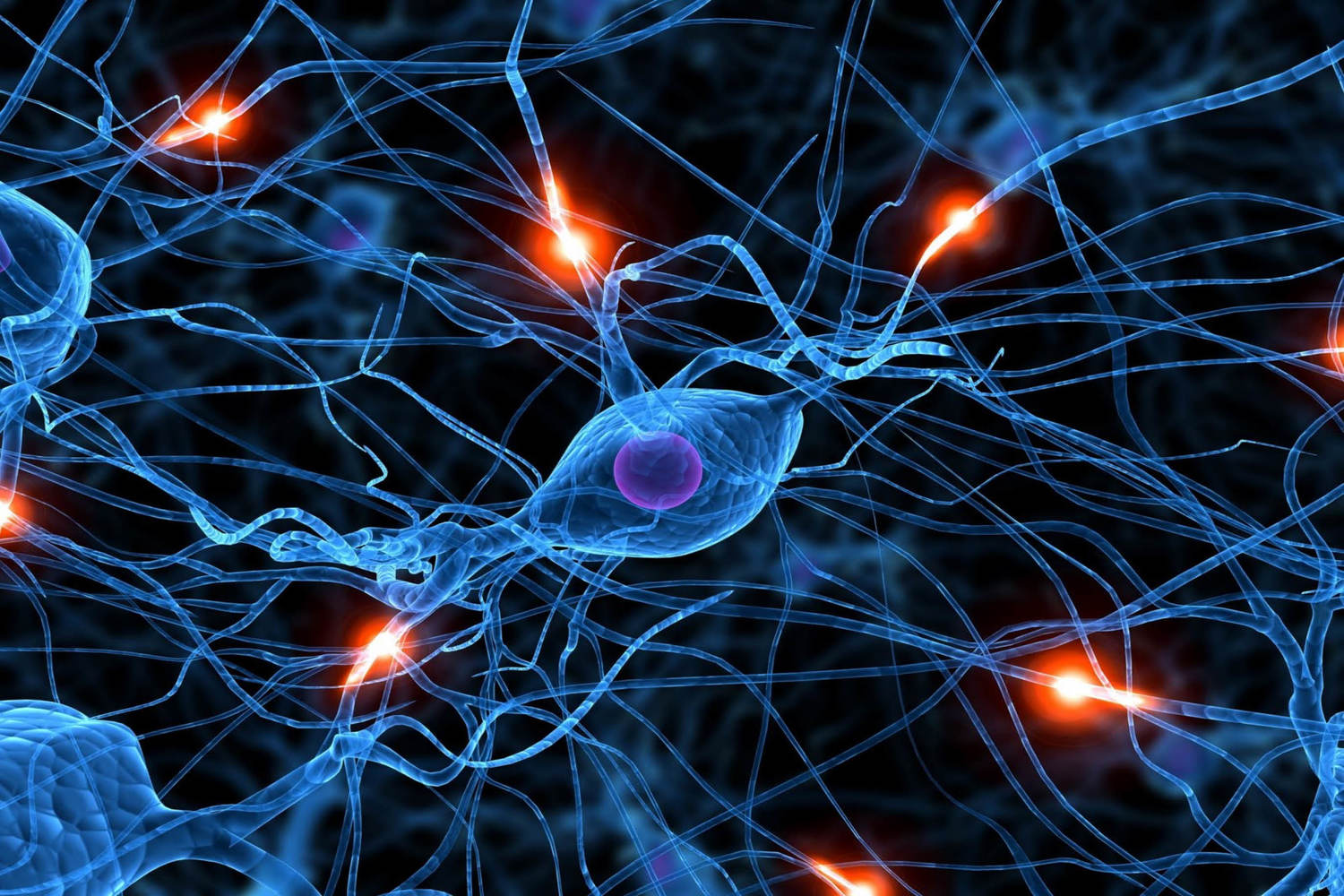
Neurotransmitters play a major role in signal transmission. They are essential for activities involved in motor control, sensory perception, emotions, and cognitive functions. Neurotransmitters facilitate

Tobacco and cigarettes contain an alkaloid known as Nicotine. This nicotine is highly addictive. Nicotine acts as both a stimulant and a depressant in large

Urinary tract infection is an infection caused by yeast or bacteria in the urethra, urinary bladder, uterus, and kidney. These infections are more common in
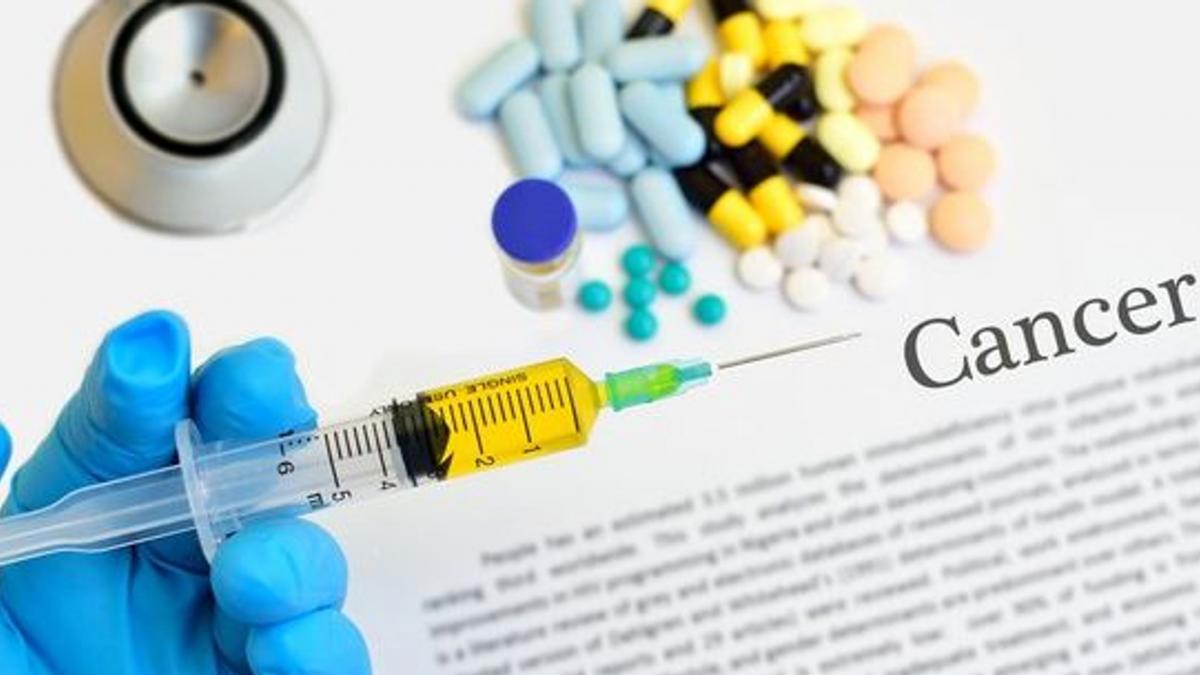
Anti-cancer drugs destroy or kill cancer cells or modify their growth. These drugs are also known as chemotherapy or cytotoxic drugs. The drugs affect cancer
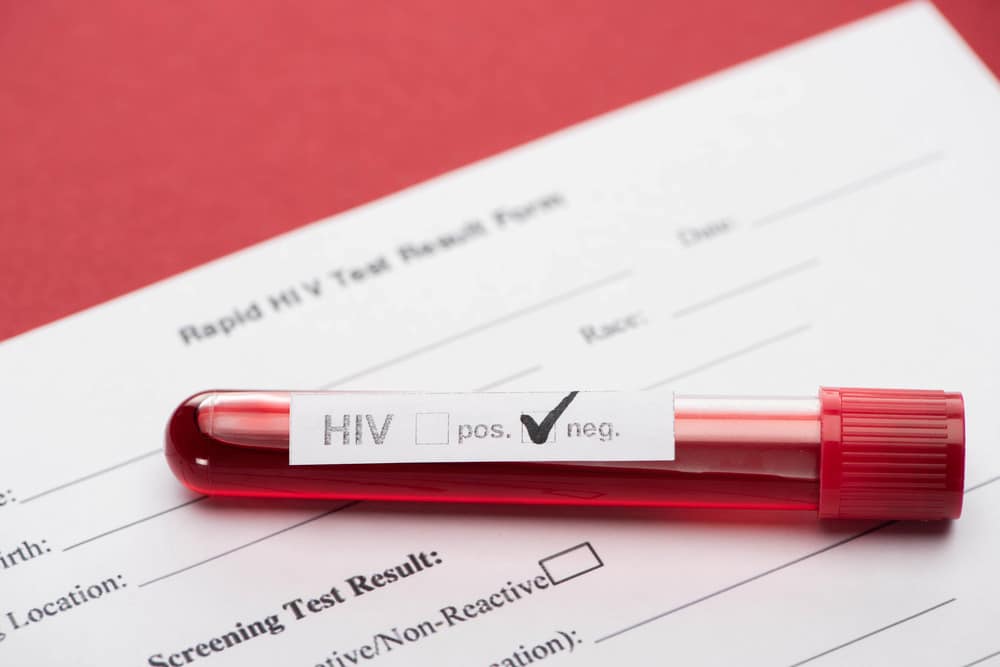
HIV stands for Human Immunodeficiency Virus. It attacks the immune system. The CD4 cell count helps to fight against infection, so when the count of

Myocardial Infarction is known as a heart attack. The management of a heart attack plays an important role in preventing complications. Heart attacks are very
